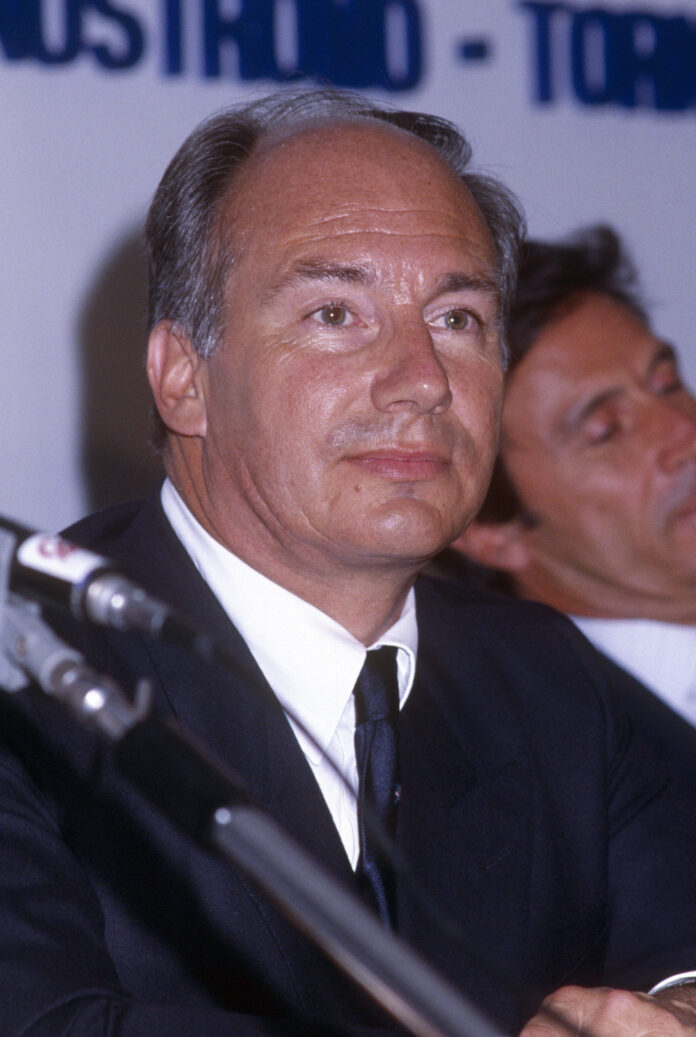Prince Karim Al-Hussaini, known as Aga Khan IV, was a unique figure in the modern world—a spiritual leader, philanthropist, and businessman whose influence extended far beyond the Ismaili Muslim community. For nearly seven decades, he led millions of followers across the globe and made a profound impact on education, healthcare, and cultural preservation. His passing on February 4, 2025, in Lisbon, Portugal, marks the end of an era, but his legacy continues through the institutions he built and the lives he transformed.
Who Was the Aga Khan IV?
Prince Karim Al-Hussaini, known as Aga Khan IV, was born on December 13, 1936, in Geneva, Switzerland. He was the 49th hereditary Imam of the Shia Ismaili Muslims, a position he held from 1957 until his passing in 2025. He inherited the title at the age of 20 from his grandfather, Aga Khan III, who bypassed his own son in favor of his grandson, believing that a younger leader was needed for the modern era.
A Harvard-educated leader, the Aga Khan was widely regarded as a bridge between Islamic traditions and modern development. He believed in the role of the Imam as both a spiritual and worldly guide, ensuring the well-being of his followers through charitable works, economic initiatives, and global development efforts. Unlike other hereditary leaders, he did not rule over a specific territory but led a global community of approximately 15 million Ismaili Muslims spread across 35 countries.
The Aga Khan was also an entrepreneur, known for his interests in horse breeding, luxury tourism, and media. Despite his immense wealth—estimated to be between $1 billion and $13 billion—he dedicated much of his fortune to philanthropy. His philosophy was that prosperity and faith were not in conflict; rather, his success in business allowed him to better serve his followers and humanity as a whole.
Legacy
The Aga Khan IV’s legacy is deeply tied to the Aga Khan Development Network (AKDN), which he founded and chaired. AKDN is one of the largest private development organizations in the world, operating in over 30 countries. It focuses on improving education, healthcare, cultural preservation, and economic development, particularly in impoverished regions of Africa, Central Asia, and South Asia.
Some of his notable contributions include:
- Education – Establishing the Aga Khan University (AKU) in Karachi and other educational institutions, including the University of Central Asia and a network of Aga Khan Academies.
- Healthcare – Funding hospitals, medical research, and rural health programs in developing countries.
- Architecture and Culture – The Aga Khan Award for Architecture, one of the most prestigious awards in the field, and the restoration of historic sites such as Humayun’s Tomb in India and Al-Azhar Park in Cairo.
- Economic Development – Investing in infrastructure projects, such as hydroelectric power in Uganda and telecommunications in Tajikistan, as well as founding Nation Media Group, the largest independent media organization in East Africa.
Beyond his work in development, he played a key role in aiding Ismaili communities facing crises. Notably, during the 1972 expulsion of Asians from Uganda under Idi Amin, he personally convinced Canadian Prime Minister Pierre Trudeau to accept thousands of displaced Ismailis. His ability to blend diplomacy with social impact made him a respected figure worldwide.
Move to Lisbon
In 2015, the Aga Khan made a significant decision to relocate the Ismaili Imamate’s Secretariat to Lisbon, Portugal. This move was symbolic and strategic and strengthened ties between the Ismaili community and Portugal. It also marked the first time that the Imamate had an official, internationally recognized seat.
As part of this transition, he purchased the historic Palacete Mendonça, a grand mansion near Parque Eduardo VII in Lisbon across from El Corte Inglés Department Store. This estate became the global headquarters for Ismaili leadership and the Aga Khan Development Network. The Portuguese government welcomed the move and granted the Aga Khan official Portuguese citizenship, recognizing the Imamate as a supranational entity.
This decision was influenced by several factors, including Portugal’s stable political environment, its historical connections with diverse cultures, and its willingness to accommodate the Ismaili community. The move was also seen as a way to ensure that Ismaili institutions could operate freely in a Western setting.
Death and Succession
Aga Khan IV passed away on February 4, 2025, in Lisbon, at the age of 88, surrounded by his family. His death was announced by the Aga Khan Development Network, though no specific cause was given. His passing marked the end of an era for the Ismaili community, which had seen significant growth and modernization under his leadership.
According to his will, his eldest son, Prince Rahim Al-Hussaini, has been appointed as his successor, now known as Aga Khan V. Prince Rahim has been deeply involved in AKDN, particularly focusing on environmental sustainability and climate change initiatives.
A funeral service is scheduled to take place at the Ismaili Centre in Lisbon, with dignitaries and world leaders expected to attend. Following the ceremony, Aga Khan IV will be laid to rest in Aswan, Egypt, in a private burial.
His death has been met with global tributes, including condolences from King Charles III, UN Secretary-General António Guterres, Canadian Prime Minister Justin Trudeau, and various leaders from the Muslim world. Many have hailed him as a visionary humanitarian, a champion of education and healthcare, and a leader who dedicated his life to improving the well-being of others.
Final Thoughts
Aga Khan IV’s life was one of service, vision, and transformation. His leadership extended beyond religious guidance, touching the lives of millions through education, health, economic empowerment, and cultural preservation. His decision to relocate to Lisbon and establish a permanent base for the Ismaili Imamate was a testament to his forward-thinking approach to governance and faith.
His successor, Aga Khan V, now carries the responsibility of continuing this legacy of development, inclusivity, and humanitarianism, with the hope of ensuring that the institutions built by his father remain a force for good in the world.


